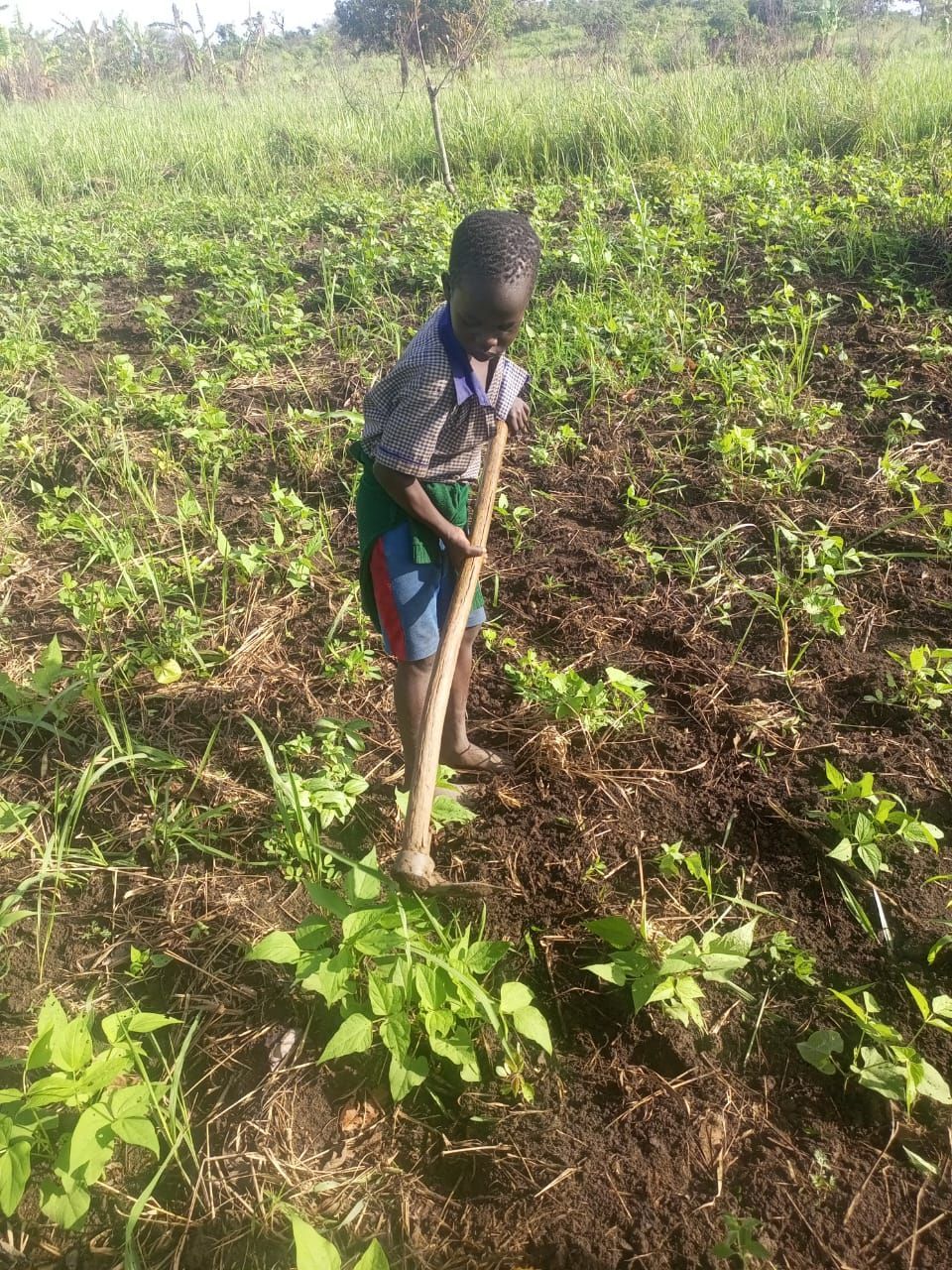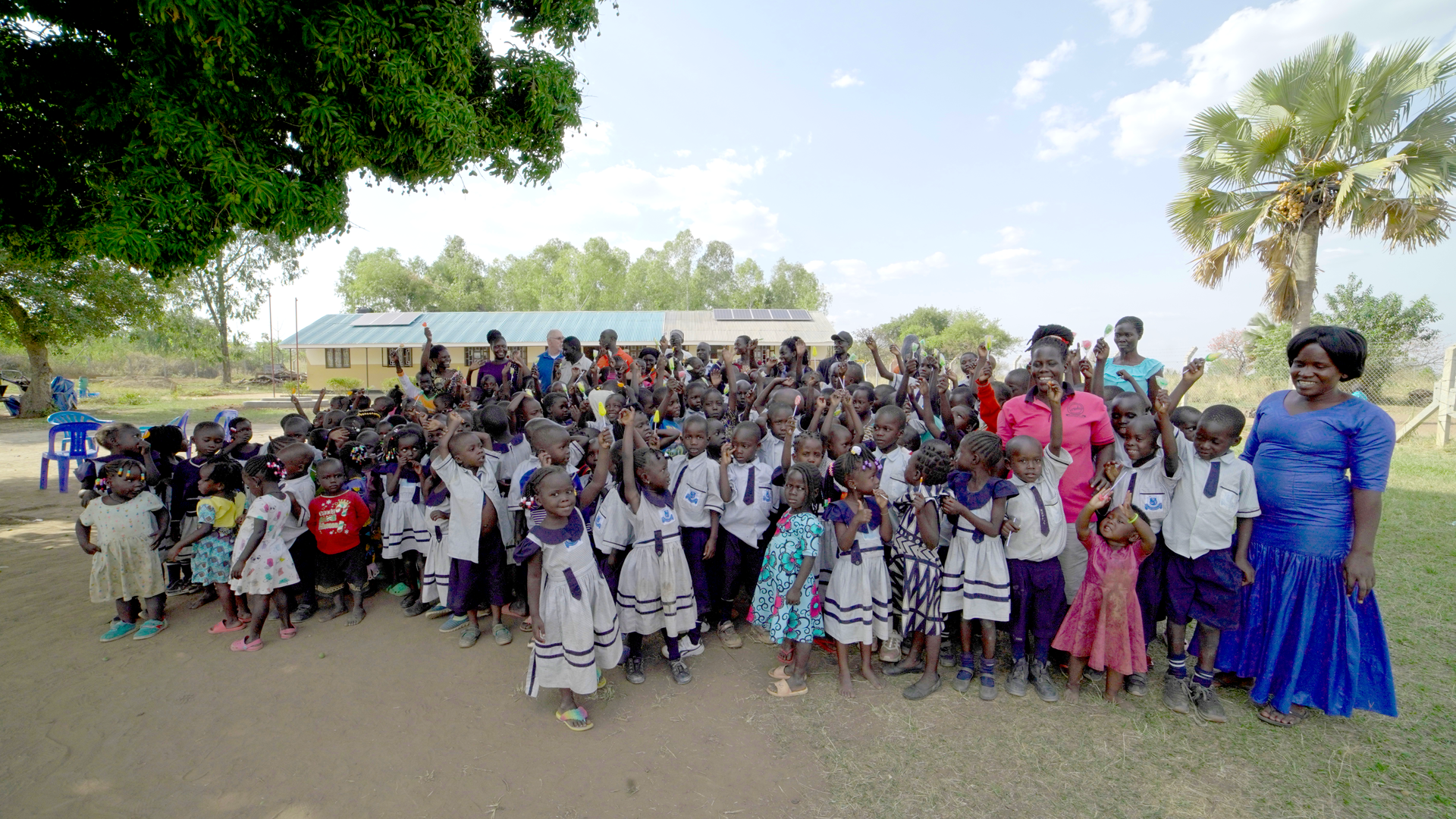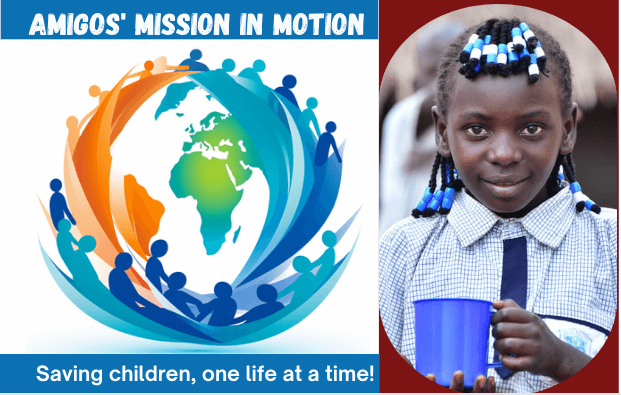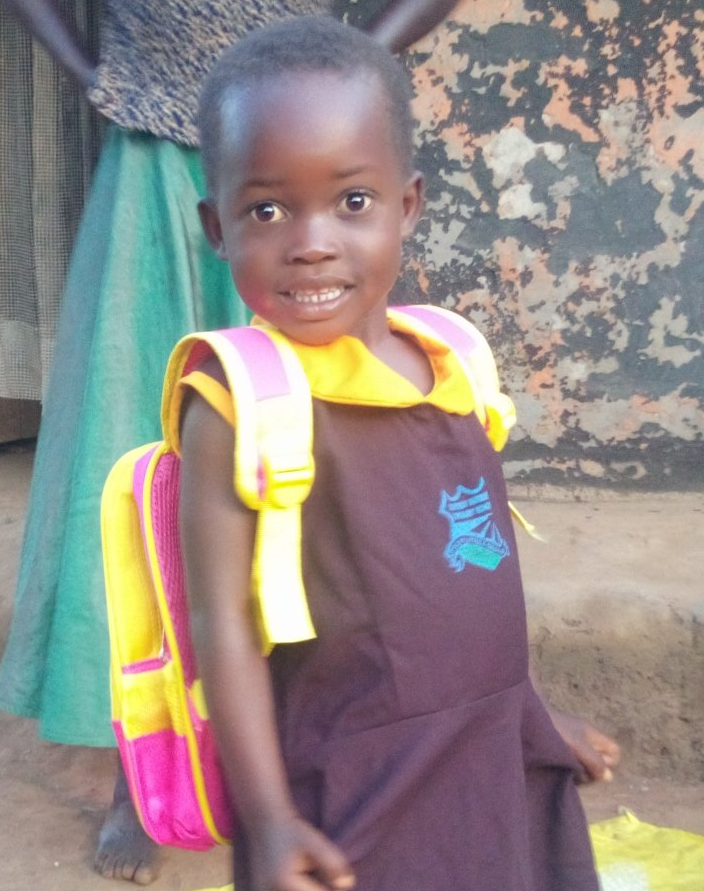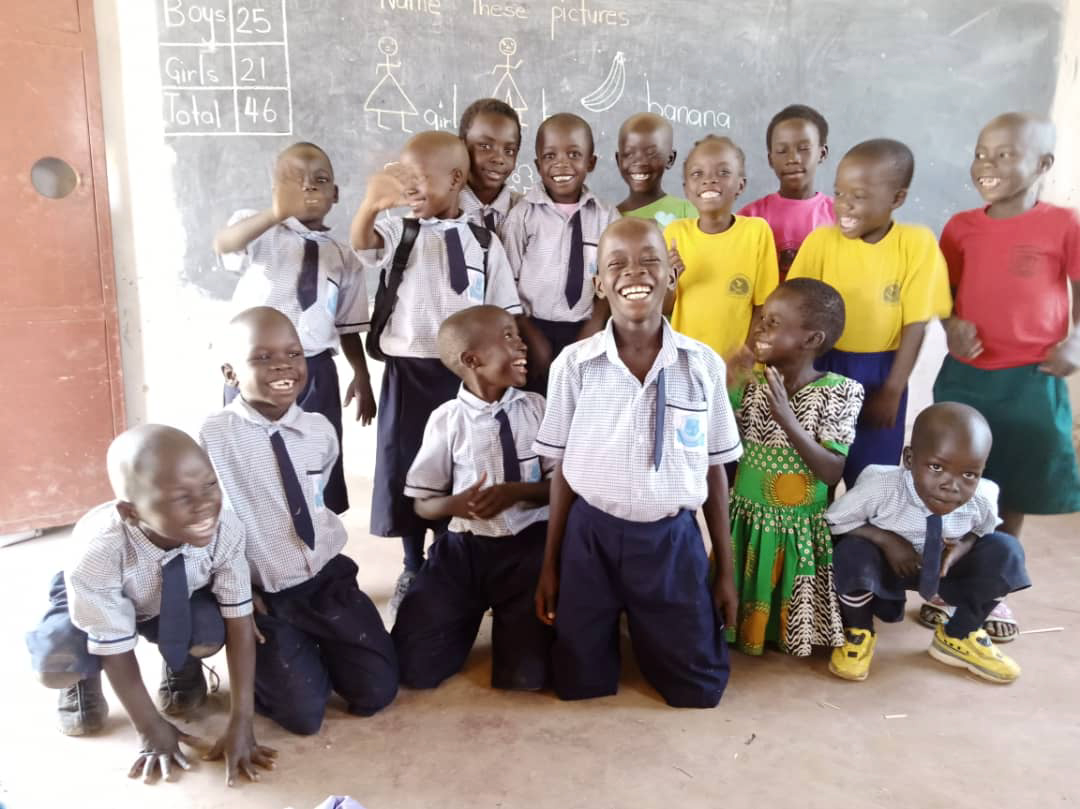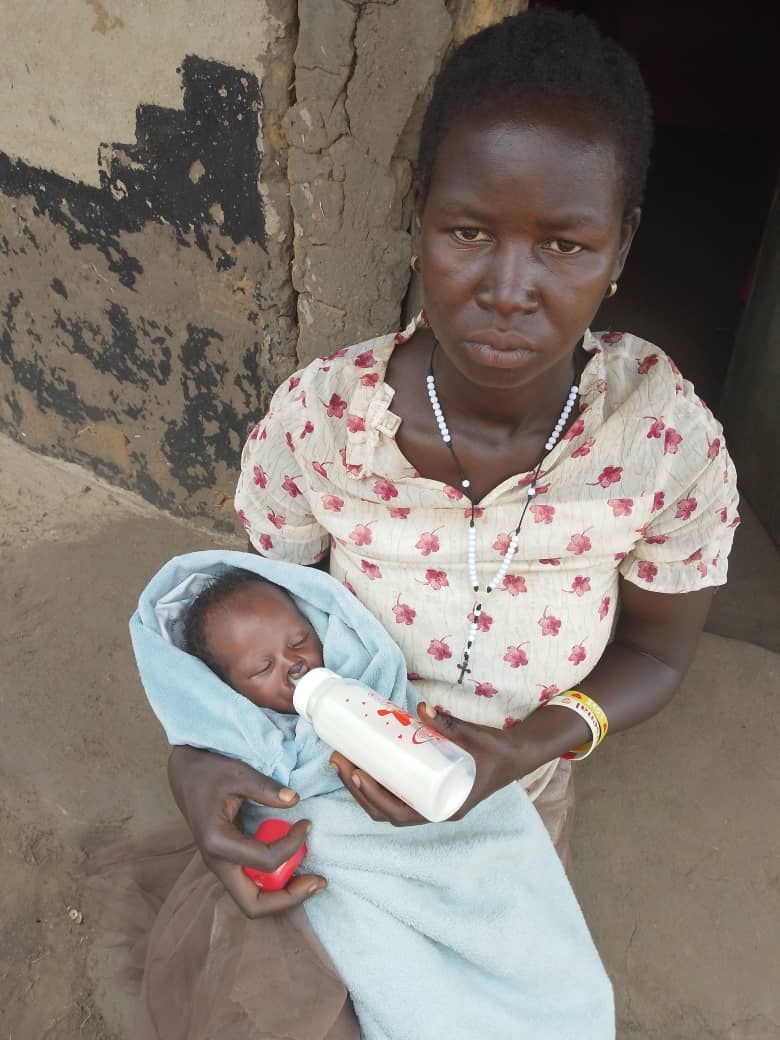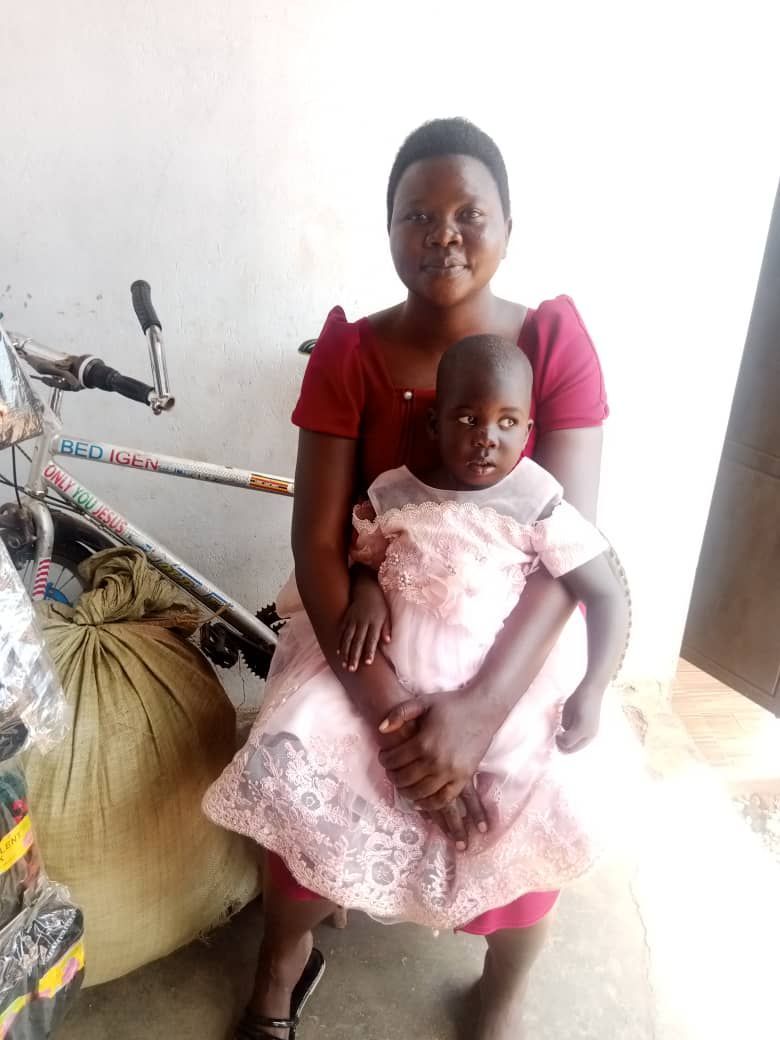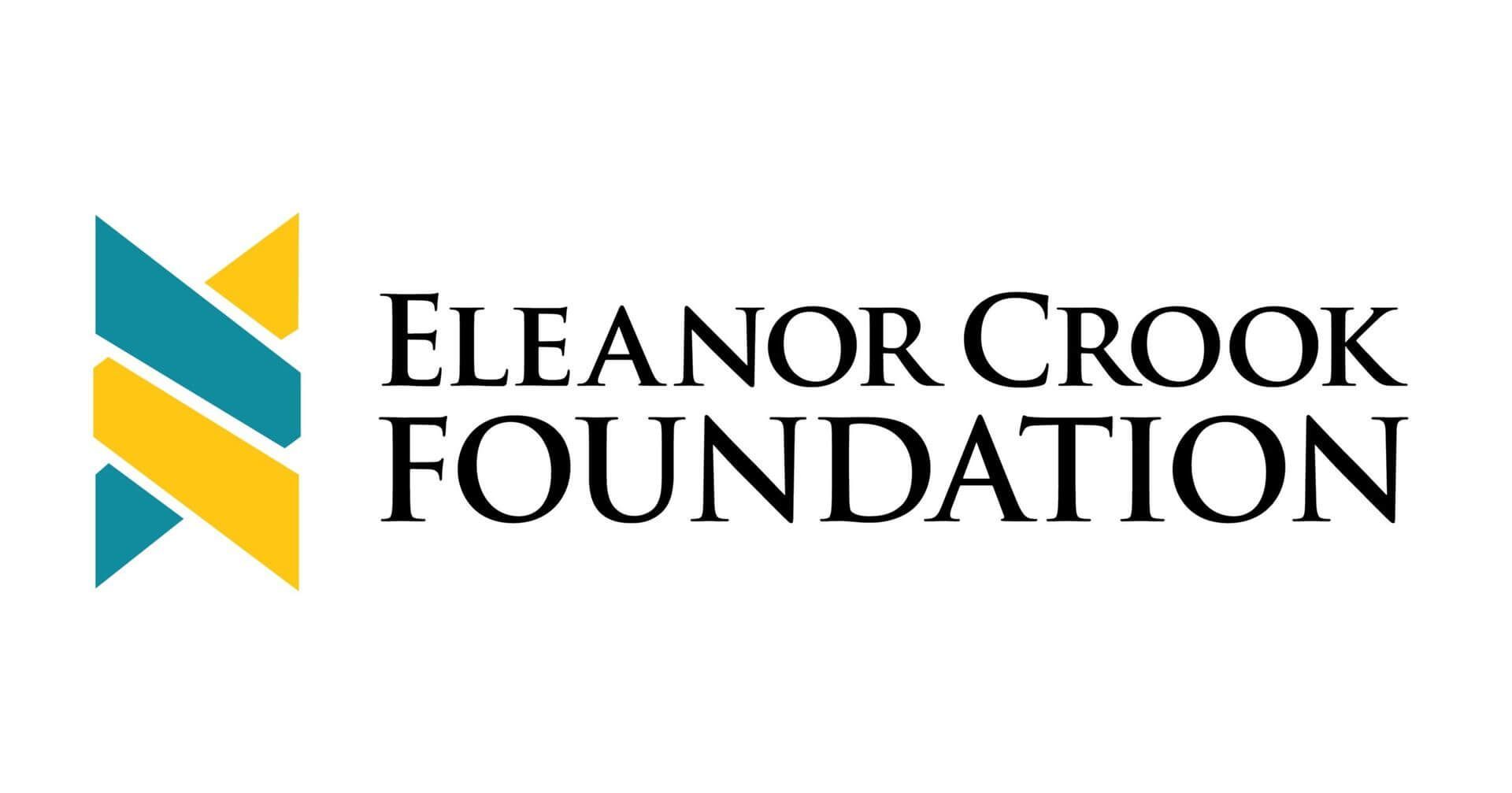Uganda's Educational Landscape: A Glimpse into Rural and Urban Areas
In the heart of East Africa lies Uganda, a nation renowned for its diverse cultures and landscapes. Yet, beneath this vibrant facade, the quality of education in its rural areas contrasts starkly with that in urban areas. While places like the United States boast state-of-the-art learning facilities, many schools in Uganda, particularly in rural regions, face fundamental challenges.
Classroom Realities: From Infrastructure to Learning Materials
Imagine a classroom not in a well-lit building but under a tree's shade. This is not fiction but a reality for a large number of Ugandan children. The absence of proper infrastructure means many students study in makeshift environments, vulnerable to the elements. When rain clouds gather, lessons halt, and students head home. Such conditions, prevalent in sub-Saharan Africa, hardly seem conducive to learning. Moreover, the scarcity of essential learning materials further hampers the education outcomes.
Universal Primary Education (UPE): A Beacon of Hope with Challenges
The Universal Primary Education (UPE) initiative, launched in 1997, was Uganda's ambitious step to improve education access for all children. The result? A surge in student enrollment. Enrolment rates leaped from 35% to over 95% in mere decades. However, while enrollment rates soared, the quality of education and the availability of learning materials struggled to match pace.
Teacher Training: The Cornerstone of Quality Education
Teacher training is pivotal in shaping the education opportunities available to students. While there's an abundance of passion among educators in rural Uganda, there's a pressing need for comprehensive training programs. Well-trained teachers can significantly enhance education outcomes, ensuring students not only attend school but also benefit from a high-quality education, akin to standards in more developed regions.
High School in Rural Uganda: A Unique Experience
The high school experience in rural Uganda presents its own set of challenges. The introduction of Universal Secondary Education marked progress, but hurdles remain. Overcrowded classrooms, a dearth of desks, and inadequate facilities can impede learning. Yet, the resilience of Ugandan students shines, highlighting the indomitable spirit of East Africa.
Local Communities: The Unsung Heroes of Uganda's Education System
Local communities play an instrumental role in the education landscape. Their involvement can bridge the resource gap, ensuring schools receive the support they need. Community-driven initiatives, prevalent in many parts of East Africa, can equip schools with learning materials, bolster infrastructure, and even facilitate teacher training programs.
Conclusion: Charting the Path Forward for Ugandan Children
While challenges are manifold, the determination of Ugandan students and educators is commendable. They underscore the importance of continued efforts to uplift the quality of education in both rural and urban areas. Collaborative endeavors between the government, local communities, and international organizations can pave the way for a brighter educational future for Uganda's children.
Learn more about the state of education in East Africa
Discover how local communities are making a difference in Uganda
Explore the impact of teacher training on education outcomes
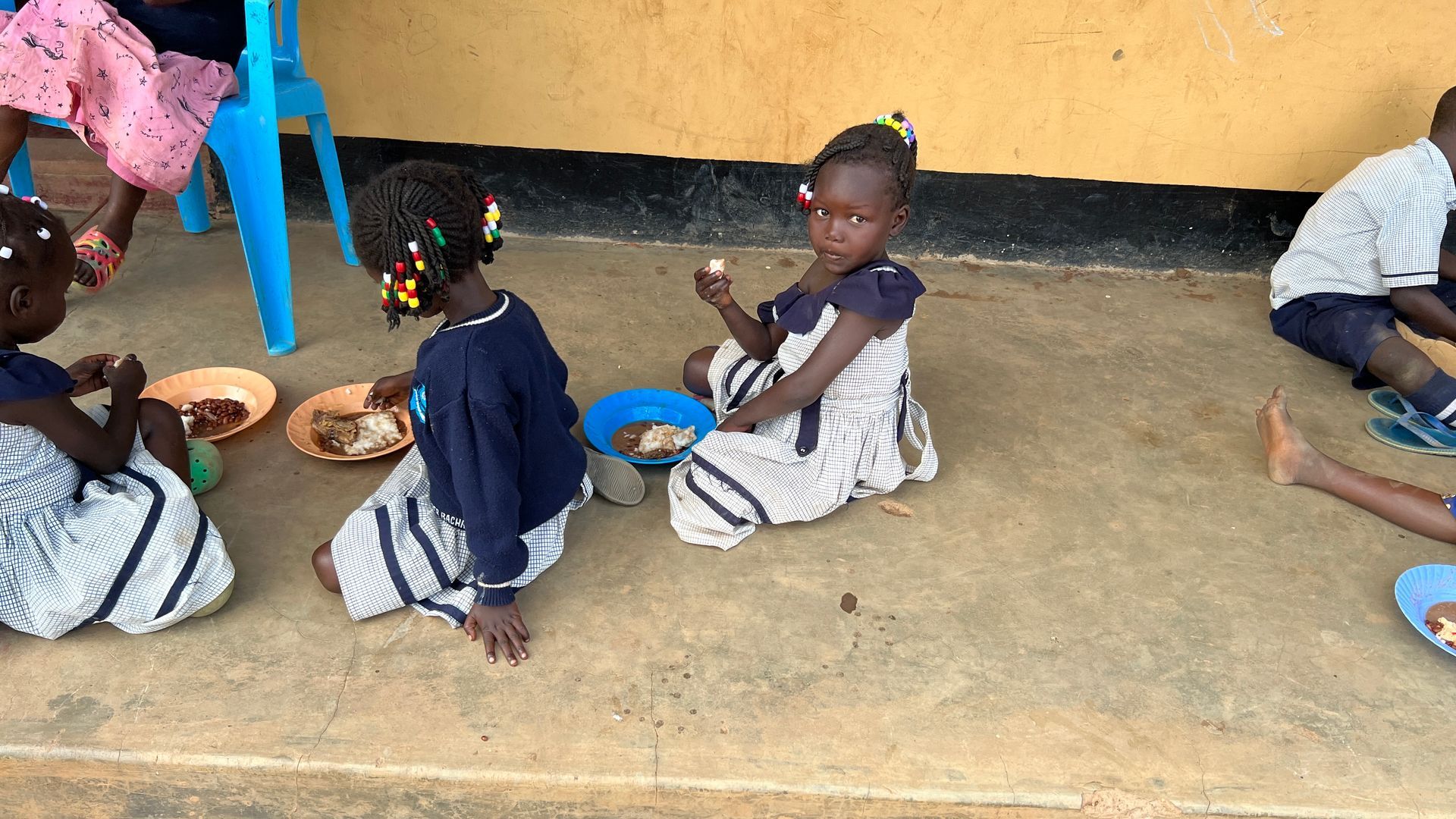
Categories
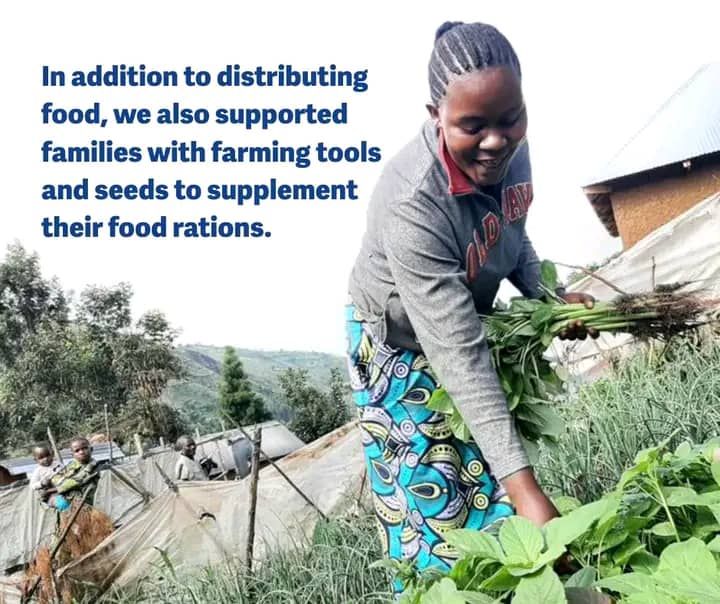
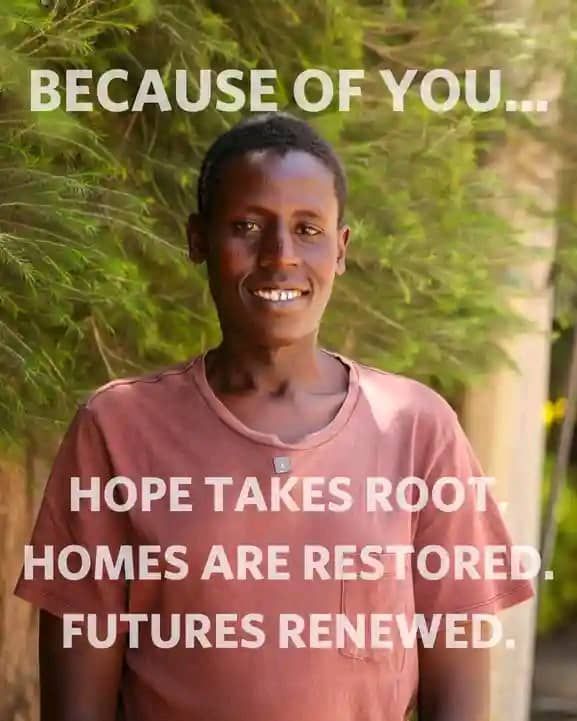
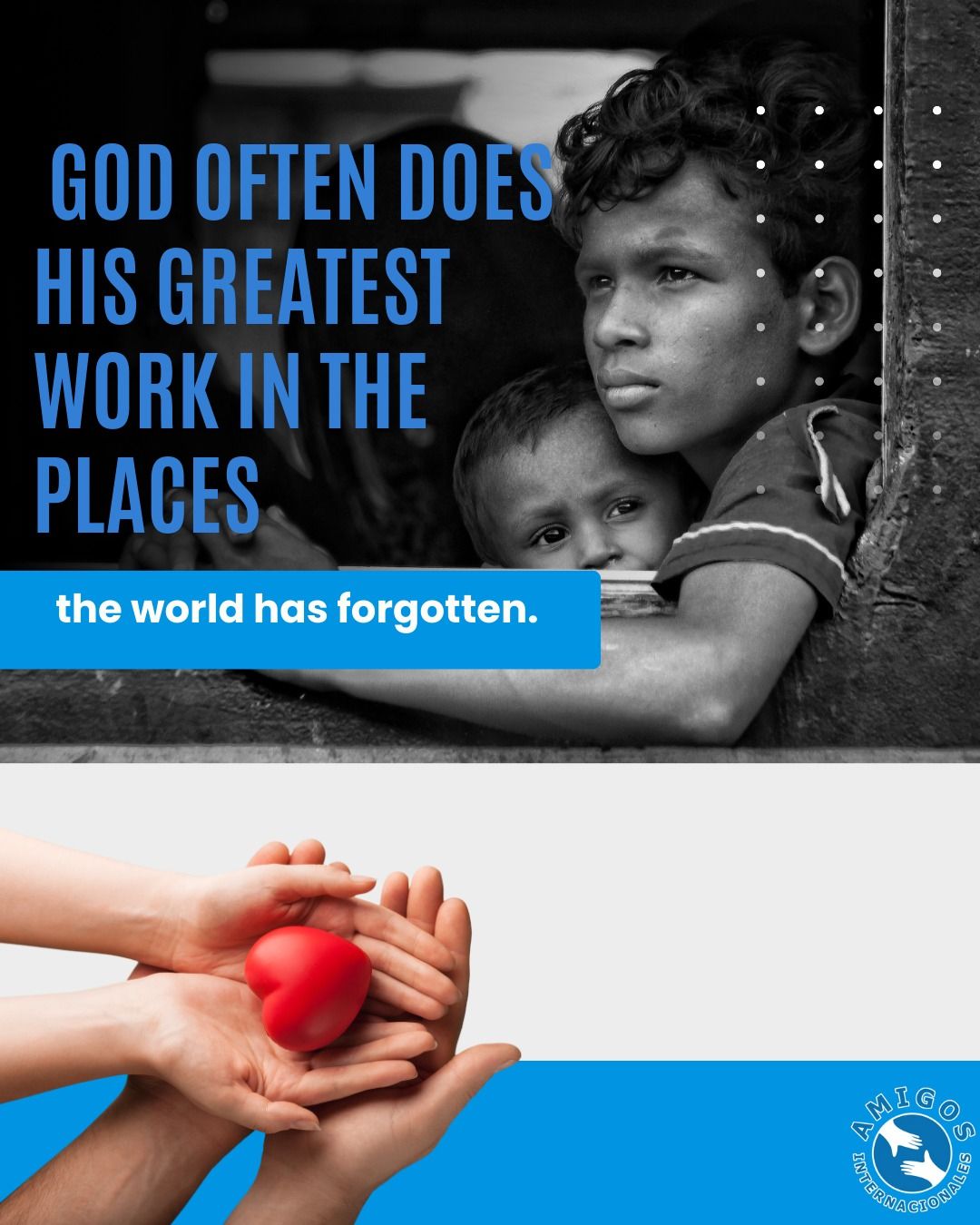

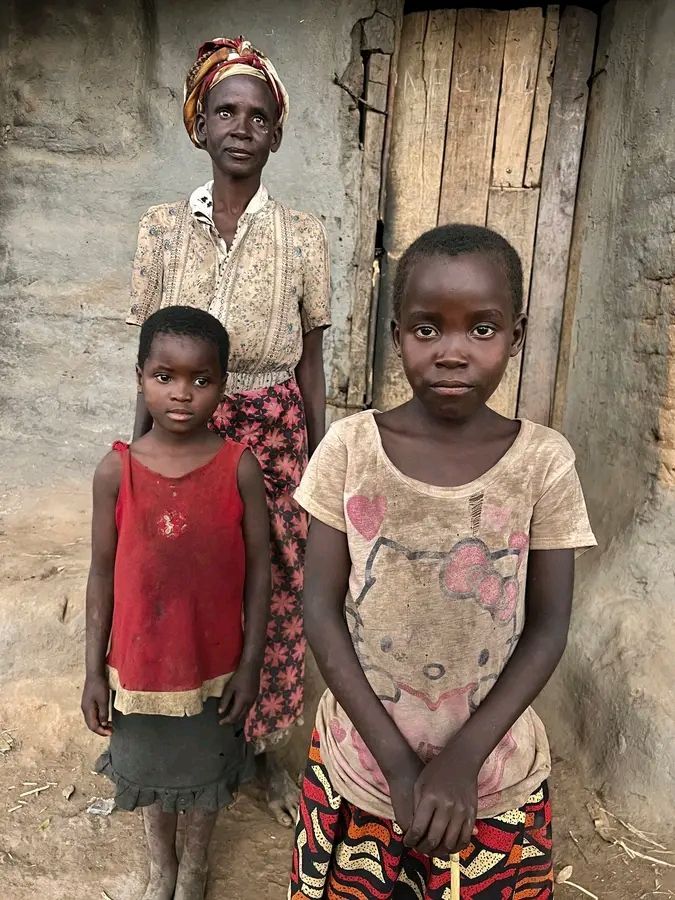



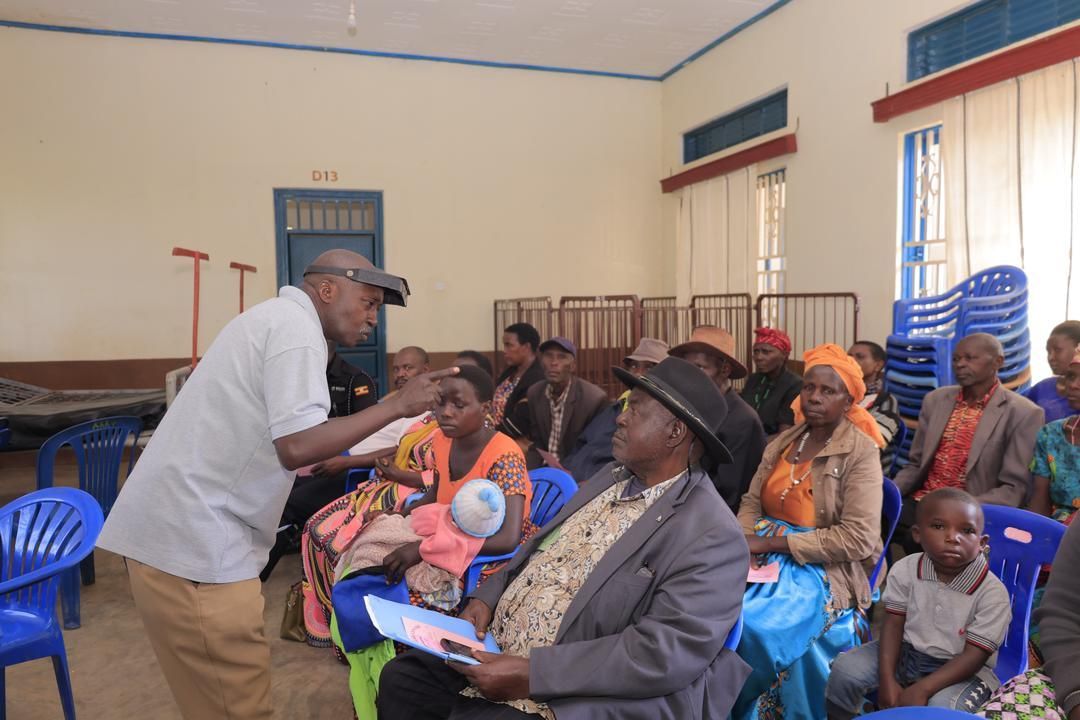
Social Media











